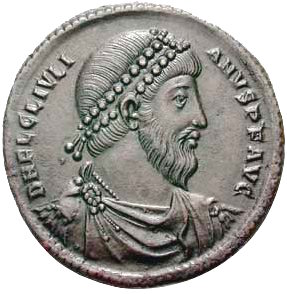Studies in Late Antiquity: A Journal

eISSN: 2470-2048
Elizabeth DePalma Digeser, Editor

Studies in Late Antiquity: A Journal (SLA) is a new online quarterly journal published by the University of California Press. The journal is scheduled to launch in February, 2017.
SLA aims to publish scholarship on a wide range of topics pertaining to the world of Late Antiquity (150 – 750 CE). A defining focus of the journal is fostering multi- and interdisciplinary research that emphasizes the interconnectedness of the Mediterranean with other parts of the late ancient world. Comparative and methodologically innovative papers are especially welcome.
SLA encourages submissions from scholars working in the following regions and languages therein during the period 150-750 CE:
Africa, Anatolia, Arabia, the Baltic, the British Isles, Central and Western Asia, China, Europe, India, the Mediterranean, Persia, Scandinavia
SLA welcomes contributions that explore the following fields and topics:
Archaeology, Cultural Geography (including Cartography), Economics, History (including Cultural History), History of the Arts (including Architecture, Art, and Music), Law, Literature and Rhetoric, Material Culture (including Codicology, Epigraphy, Numismatics, and Papyrology), Historical Demography, Philology, Philosophy, Religion, Theology
Please direct any editorial inquiries including submission inquiries to Elizabeth DePalma Digeser via e-mail at edepalma@history.ucsb.edu






